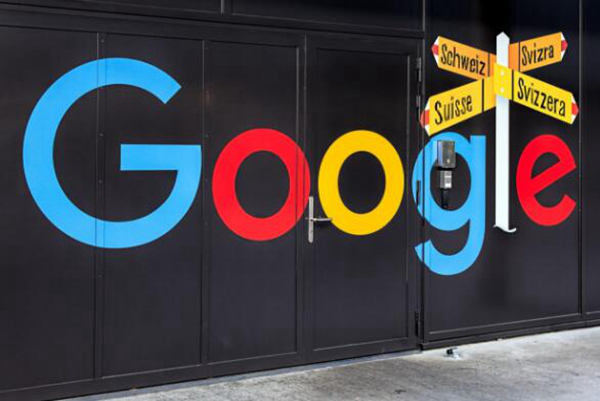Google has recently announced the launch of a new application called Pixel Screenshots for the Pixel 9 series. This app is designed to help users manage and utilize information from screenshots more intelligently.
The core functionality of Pixel Screenshots is based on Google's proprietary Gemini Nano model, which is embedded in the device. This model can analyze image content directly on the device, making screenshots searchable. This means users can quickly find specific screenshots using keywords, significantly enhancing the efficiency of information retrieval.
At the Pixel launch event, Google demonstrated practical scenarios for the app. For instance, users can save screenshots to custom folders like "Gift Ideas." More interestingly, users can input keywords such as "bicycle" or "shoes" to have the app automatically filter out all related screenshots.
In addition to basic organization and search functions, Pixel Screenshots also has the ability to extract information. For example, users can input "T-shirt price," and the app will extract and display price information from relevant screenshots. This feature saves users a significant amount of time that would otherwise be spent manually searching.
It is worth noting that Pixel Screenshots currently only supports Pixel 9 series devices, which could be due to considerations of hardware performance or market strategy.
Some have compared Pixel Screenshots to Microsoft's upcoming Recall feature, both of which involve AI-assisted information management. However, Pixel Screenshots is limited to screenshots manually captured by the user, rather than scanning all content on the device. This design not only protects user privacy but also gives users control over what AI can process.
Pixel Screenshots reflects Google's innovation in the field of AI applications. It not only improves the efficiency of managing digital information for users but also thoroughly considers user privacy and control in its design. The launch of this app may bring a new revolution to the daily information management of smartphone users.










